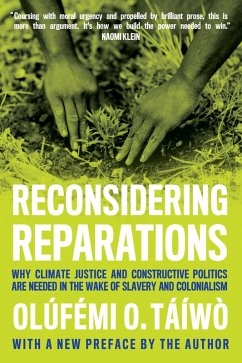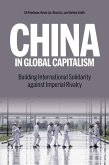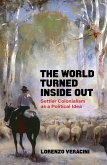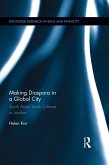A pathbreaking book about world history, global justice, and the climate crisis-featuring a new preface by the author.
"Coursing with moral urgency and propelled by brilliant prose, this is more than argument. It's how we build the power needed to win."
-Naomi Klein
A clear, new case for reparations as a "constructive," future-oriented project that responds to the weight of history's injustices with the equitable distribution of benefits and burdens. Centuries ago, Táíwò explains, European powers engineered the systems through which advantages and disadvantages still flow. Colonialism and transatlantic slavery forged schemes of injustice on an unprecedented scale, a world order he calls "global racial empire." The project of justice must meet the same scope.
Táíwò's analysis not only discourages despair, it demands global resistance. Reconsidering Reparations suggests policies, goals, and organizing strategies. And it leaves readers with clear and powerful advice: act like an ancestor. Do what we can to shape the world we want our moral descendants to inherit, and have faith that they will continue the long struggle for justice. This understanding, Táíwò shows, has deep roots in the thought of Black political thinkers such as James Baldwin, Martin Luther King, Jr., Cedric Robinson, and Nkechi Taifa.
Reconsidering Reparations is a book with profound implications for our views of justice, racism, the legacies of slavery and colonialism, and climate change policy.
"Coursing with moral urgency and propelled by brilliant prose, this is more than argument. It's how we build the power needed to win."
-Naomi Klein
A clear, new case for reparations as a "constructive," future-oriented project that responds to the weight of history's injustices with the equitable distribution of benefits and burdens. Centuries ago, Táíwò explains, European powers engineered the systems through which advantages and disadvantages still flow. Colonialism and transatlantic slavery forged schemes of injustice on an unprecedented scale, a world order he calls "global racial empire." The project of justice must meet the same scope.
Táíwò's analysis not only discourages despair, it demands global resistance. Reconsidering Reparations suggests policies, goals, and organizing strategies. And it leaves readers with clear and powerful advice: act like an ancestor. Do what we can to shape the world we want our moral descendants to inherit, and have faith that they will continue the long struggle for justice. This understanding, Táíwò shows, has deep roots in the thought of Black political thinkers such as James Baldwin, Martin Luther King, Jr., Cedric Robinson, and Nkechi Taifa.
Reconsidering Reparations is a book with profound implications for our views of justice, racism, the legacies of slavery and colonialism, and climate change policy.
Dieser Download kann aus rechtlichen Gründen nur mit Rechnungsadresse in A, D ausgeliefert werden.









